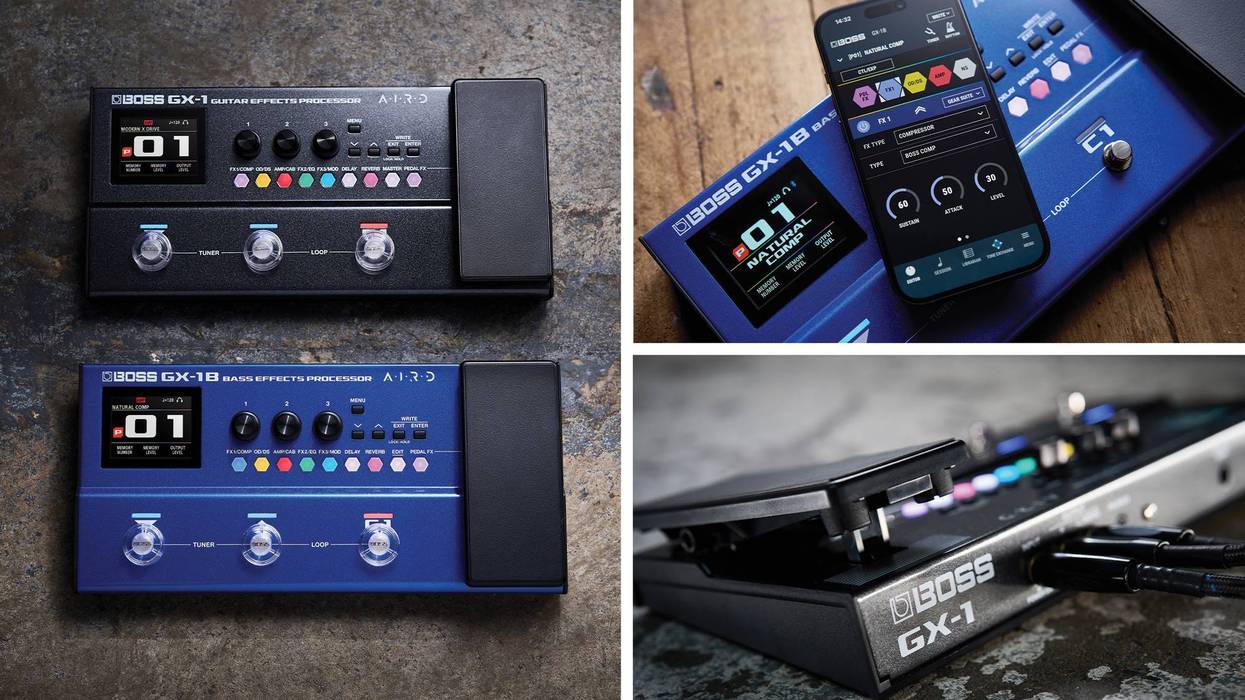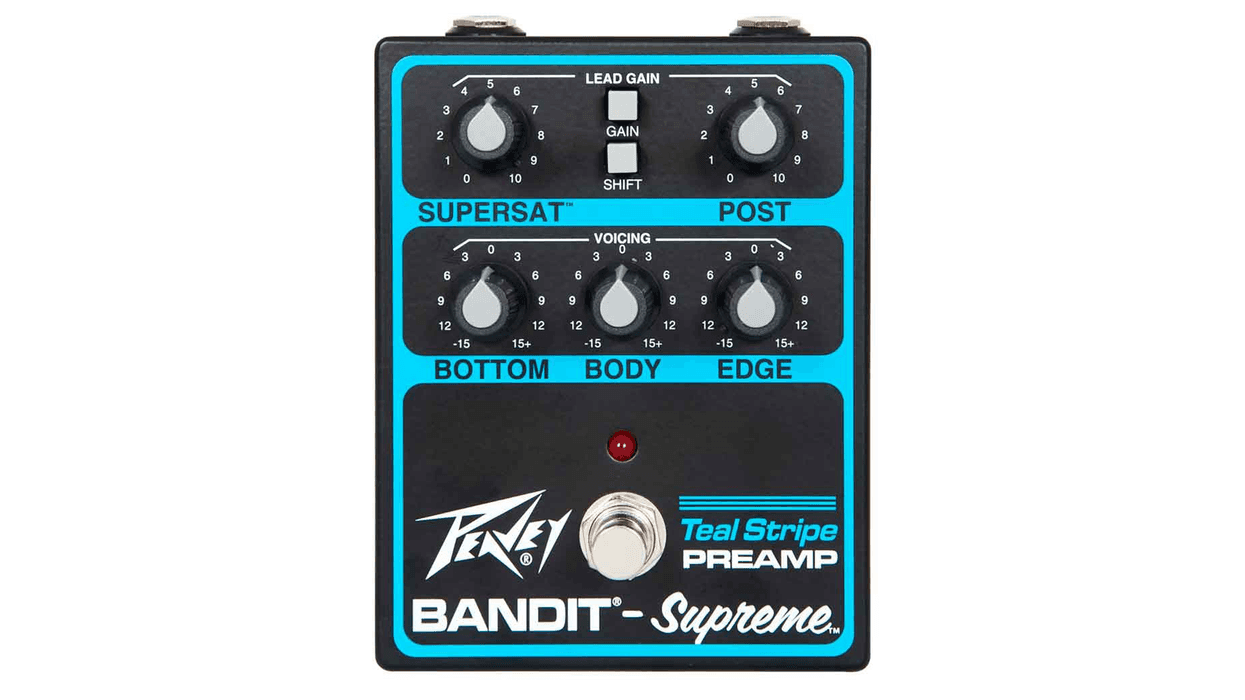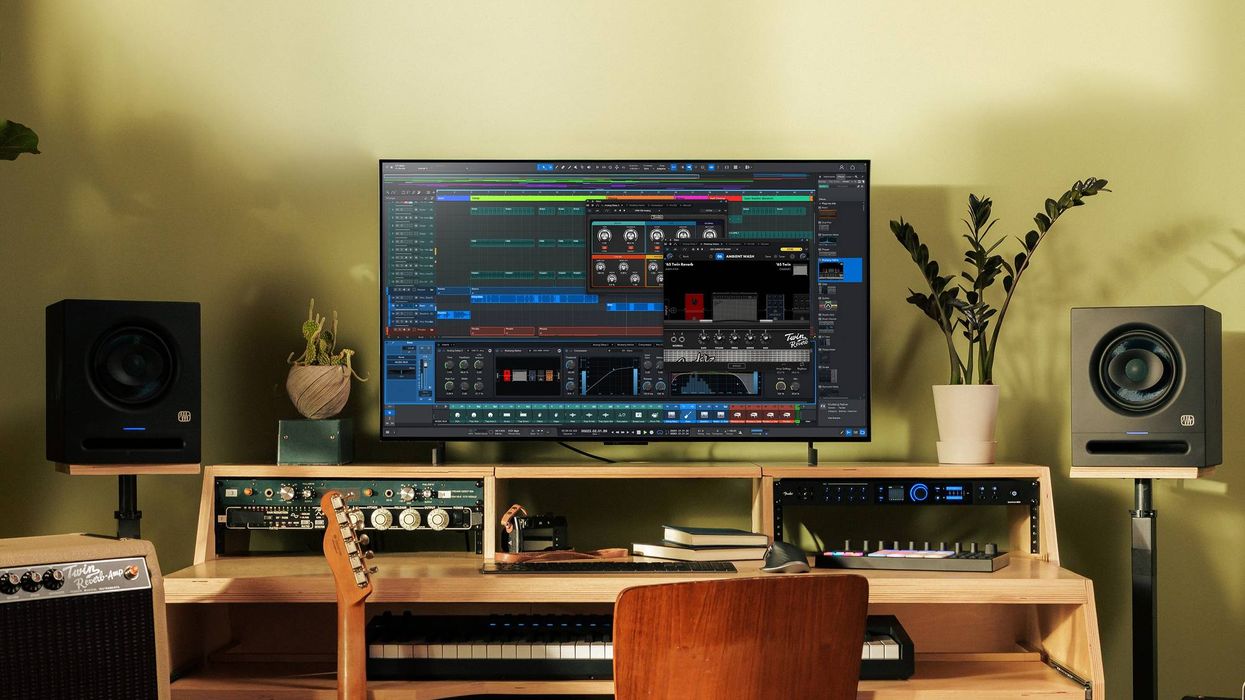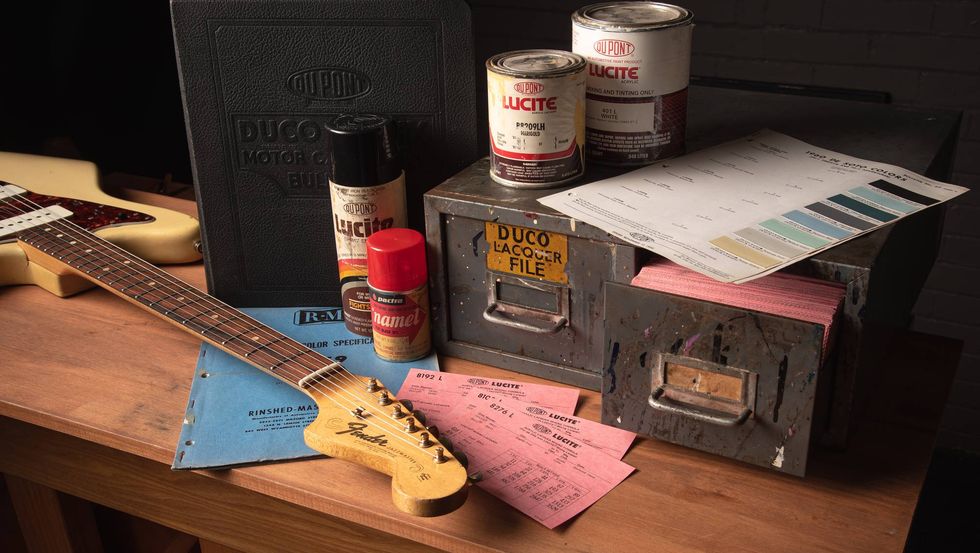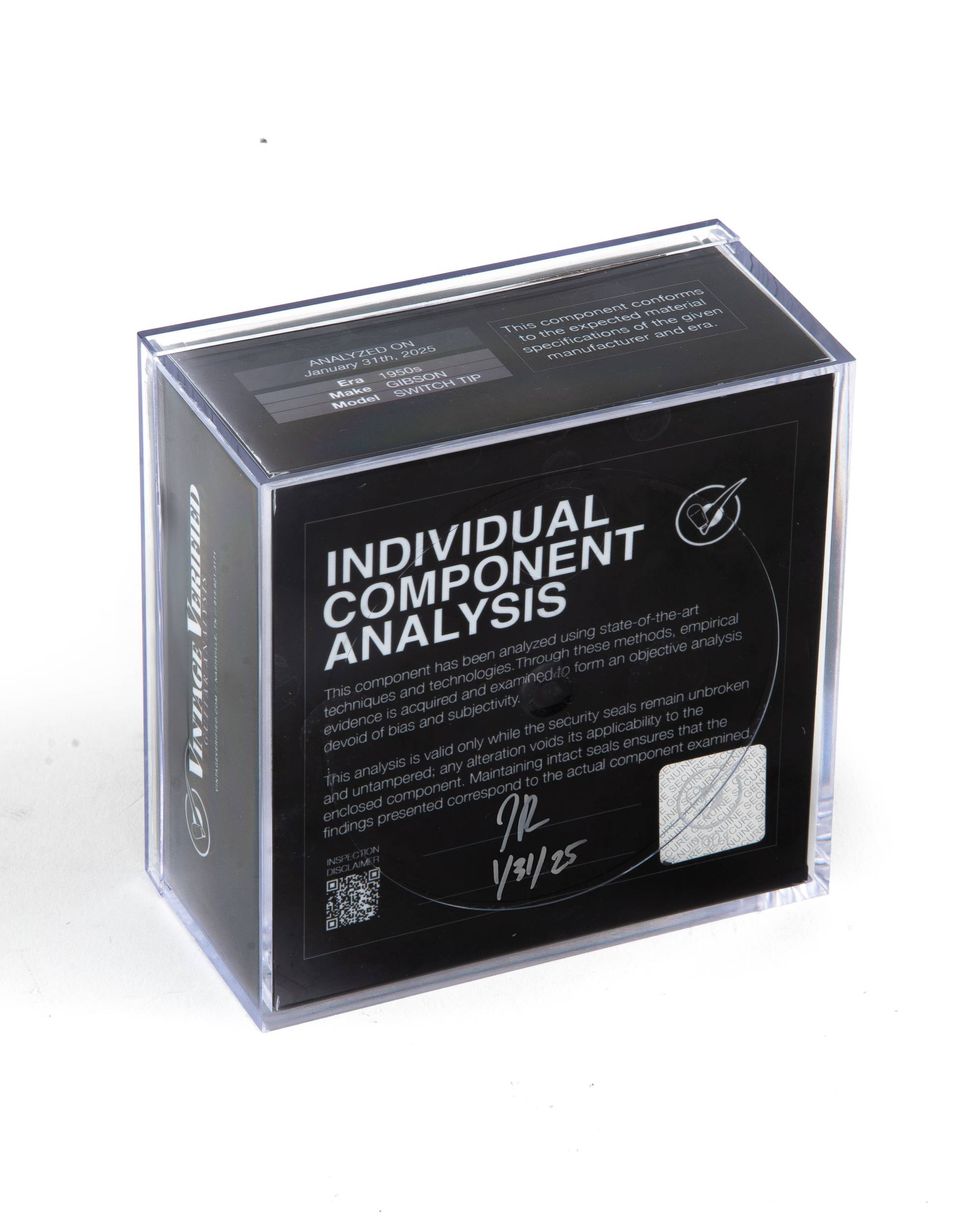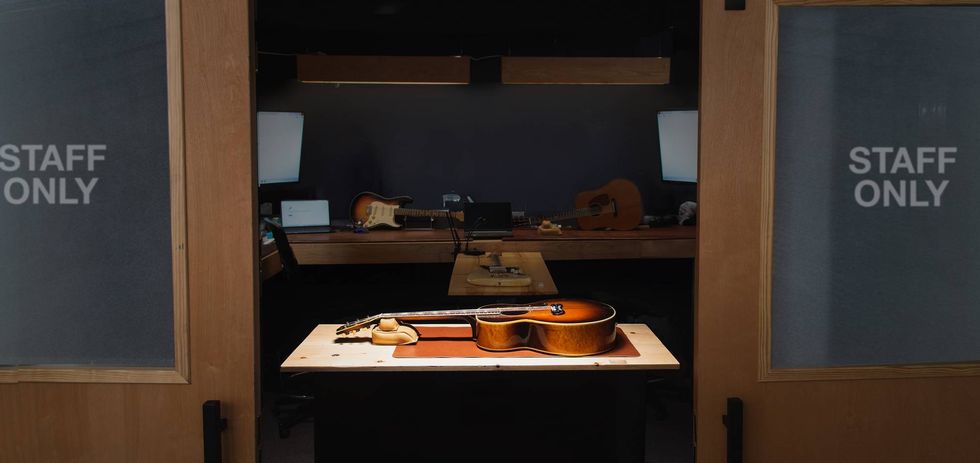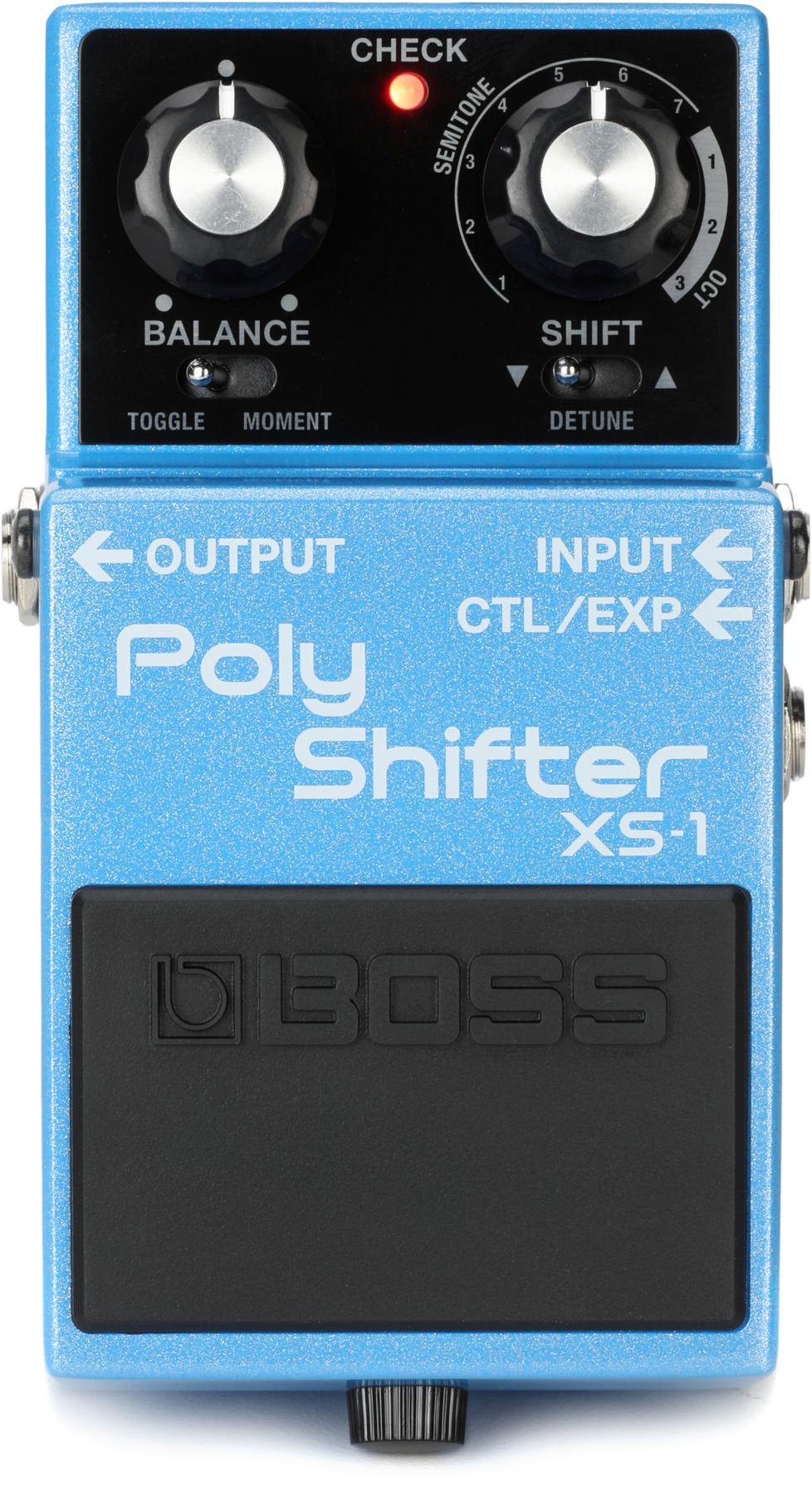Listen:
Clips recorded using Fryette S.A.S. distortion pedal, Fender Pro Junior amp, Planet Waves Custom Pro cables, and Apogee Duet into GarageBand.
When Matthew Artinger established
his namesake guitar company in
1997, he was just 19 and fresh from an
apprenticeship with a local master cabinetmaker.
Since then, the Pennsylvania-based
luthier has built a line of hollow,
semi-hollow, and solidbody
guitars based on designs that blend
traditional feel and tone with
aesthetic features like dramatic
body curves and carves, and
wooden pickup covers and
control knobs. In his one-man
shop, Artinger currently makes
between 30 and 40 guitars
per year. We spent some quality
time with one of these
instruments—a Semi-Hollow
model with twin humbuckers
and Brazilian rosewood
appointments.
Hybrid Construction and
Impeccable Craftsmanship
The construction of Artinger’s Semi-Hollow unites design concepts from
Gibson’s ES-335 and Les Paul—specifically
the latter guitar’s use of a maple cap.
In the case of the Artinger Semi-Hollow,
the body is made from a chambered piece
of solid mahogany that’s capped with a
thin piece of solid carved maple. This resonant
combination is affixed to a carbon
fiber-reinforced mahogany neck that feels
especially stable.
The Artinger’s tonewoods are something
special. The big-leaf maple cap is
tiger-striped and eye-catching, but not
overly dramatic or flashy. The mahogany
neck and back have a tight, beautiful grain
pattern. But the Brazilian rosewood used
for the Semi-Hollow’s fretboard, headplate,
truss-rod cover, tailpiece, control knobs,
and even toggle-switch tip is the most
striking wood, with its swirling chocolate
figuring. I only wish that the Brazilian had
been used on the pickup surrounds as well,
instead of black plastic.
Accessories on our Semi-Hollow are
premium stuff too. The gold Gotoh 510
tuners are smooth and precise, and the
Gotoh bridge is an upgrade from a standard
Tune-o-matic-style bridge. A Dunlop Flush
Mount Straplok system is also included.
The ornamentation on our Semi-Hollow
is pretty and tasteful. The fretboard has
micro-dot position markers that are shifted
toward the player below the 12th fret and
toward the treble side above it. There are
pearl dots on the side of the fretboard,
and the neck has ivoroid binding that
also appears on the top of the body, the
headstock, and the two cat-eye-style soundholes.
Paua abalone trim on the edges of
the neck and headstock is cool, if just shy
of excessive, while a Brazilian rosewood heel
cap is a nice and subtle detail.
Craftsmanship on the Semi-Hollow is
absolutely top-notch. The catalyzed acrylic
finish is totally flawless and handrubbed to a
luxurious gloss. The fretwork and the string
slots on the bone nut and metal saddles are
similarly meticulous. The only thing even
approaching a flaw that I could find was
just a hint of roughness on the body interior
where the mahogany had been routed.
Great Feel and Killer Sounds
When I first took our Semi-Hollow from
its big Cedar Creek case, I was pleased to
find it light at just 6.85 pounds. I gave
both the headstock and bridge a little tap
and they resonated noticeably—a clue that
this would be a toneful guitar.
Hanging on my shoulders, the Semi-
Hollow felt balanced and comfortable.
It also felt very compact, especially compared
to Gretsch semi-hollowbodies or an
ES-335, which is a full 2" wider.
The neck has an inviting medium-sized
C profile, and with its 25" scale, 12" radius,
and smooth, low action, the guitar can feel
like it’s playing itself. It takes very little
effort to traverse the neck playing single-note
lines or barre chords along its length.
The guitar feels just a little tight for bending,
but that’s certainly attributable to its
.011 set of strings.
Unplugged, the Semi-Hollow has a
colorful and echoic character, thanks to
its chambered construction and wooden
tailpiece. The sound is warm and at times,
unmistakably mahogany-like, with a little
extra snap that’s likely attributable to the
maple top.
Running through a Fender Pro Junior,
our Semi-Hollow—equipped with twin
Seymour Duncan ’59 humbuckers that can
be coil tapped—offered a broad spectrum
of killer tones. On the neck humbucker, the
Artinger is rich and open sounding, which
called for some blues-rock meandering—
especially with an overdrive pedal in the
mix. And rolling back the tone and volume
conjured a harmonically rich jazz tone that
was perfect for some Wes Montgomery
chordal fatness.
But the Semi-Hollow also has a rude
side. The bridge humbucker has a penetrating
tone that will cut and command
attention for fierce rock soloing and driving,
forceful rhythm work. No matter how
aggressively I picked or set up the amp,
the chambered body and maple/mahogany
combination contributed a woody resonance,
while single notes remained crisp
and articulate.
The Semi-Hollow would be a remarkable
guitar on the strength of its humbucking
sounds alone. But the coil-tapping
capabilities are a big bonus. By tapping
both coils and using various pickup combinations,
each alone or together, I was able
to get sounds that were almost Fender-like
in the manner of Ernie Isley, but with some
of the hollowbody color of Leo Nocentelli’s
funk moves.
The Verdict
If you’re a semi-hollow aficionado searching
for a guitar that departs from the traditional
templates, you should definitely check out
an Artinger Semi-Hollow. This guitar looks,
feels, and sounds awesome. The mahogany
back and maple top tonewood combination
gives the Artinger an expansive range of
colorful and detailed tones. It’s lighter and
tonally more diverse than a standard semi,
and its Brazilian-rosewood components
reflect a design sensibility you don’t often
see on offerings from major manufacturers.
And at around $5000, this completely
handmade guitar isn’t that much more than
a lot of big builder’s high-end offerings.
Buy if...
you’re in the market for a serious, professional, and capable semihollow that deviates from the norm.
Skip if...
you’re a traditionalist when it comes to guitar design, or your billfold is a little thin right now.
Rating...
Street $4990 - Artinger Custom Guitars - artingerguitar.com |











